All winter the fire devoured everything —
tear-stained elegies, old letters, diaries, dead flowers.
When April finally arrived,
I opened the woodstove one last time
and shoveled the remains of those long cold nights
into a bucket, ash rising
through shafts of sunlight,
as swirling in bright, angelic eddies.
I shoveled out the charred end of an oak log,
black and pointed like a pencil;
half-burnt pages
sacrificed
in the making of poems;
old, square handmade nails
liberated from weathered planks
split for kindling.
I buried my hands in the bucket,
found the nails, lifted them,
the phoenix of my right hand
shielded with soot and tar,
my left hand shrouded in soft white ash —
nails in both fists like forged lightning.
I smeared black lines on my face,
drew crosses on my chest with the nails,
raised my arms and stomped my feet,
dancing in honor of spring
and rebirth, dancing
in honor of winter and death.
I hauled the heavy bucket to the garden,
spread ashes over the ground,
asked the earth to be good.
I gave the earth everything
that pulled me through the lonely winter —
oak trees, barns, poems.
I picked up my shovel
and turned hard, gray dirt,
the blade splitting winter
from spring. With hoe and rake,
I cultivated soil,
tilling row after row,
the earth now loose and black.
Tearing seed packets with my teeth,
I sowed spinach with my right hand,
planted petunias with my left.
Lifting clumps of dirt,
I crumbled them in my fists,
loving each dark letter that fell from my fingers.
And when I carried my empty bucket to the lake for water,
a few last ashes rose into spring-morning air,
ash drifting over fields
dew-covered
and lightly dusted green.
Anonymous submission.
Sometimes, I write words that seem to vibrate with potential, even though I may not understand their exact meaning. That vibration is a promise. It promises that, in time, all will be revealed. I have learned to trust that intuition, because I know I am dealing with a metaphoric form that is essentially mystifying, and that a seemingly insignificant couple of lines have the capacity to reveal, in their smallness, in time, all of the world.
‘The kid drops his bucket and spade/ And climbs into the sun’ are such words. Two short lines that draw to an abrupt and brutal halt the main body of the epic song, ‘Hollywood’. I can understand why these are your favourite lyrics. They are a lovely image. However, looking at them now, these lines are perhaps not so obscure, and without wanting to take away their power by attaching my own meaning to them, their intent seems fairly clear. They mean, the child stopped what he was doing and died.
Nick Cave answering a question on his Red Right-Hand website.

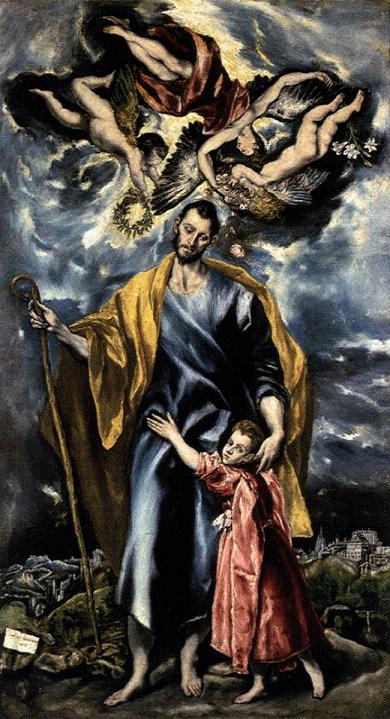


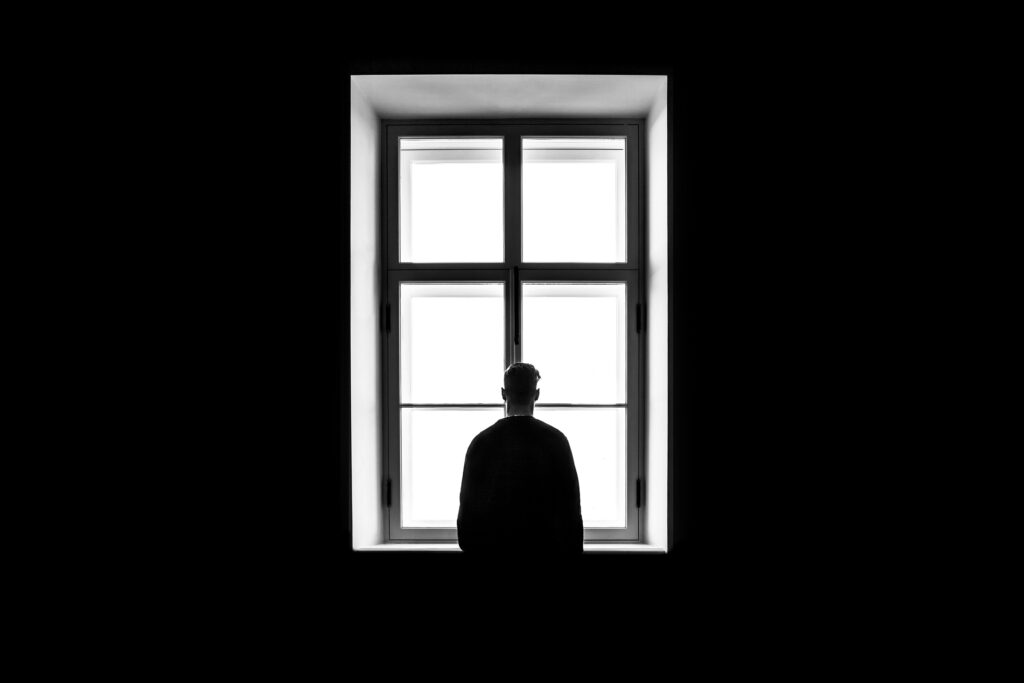


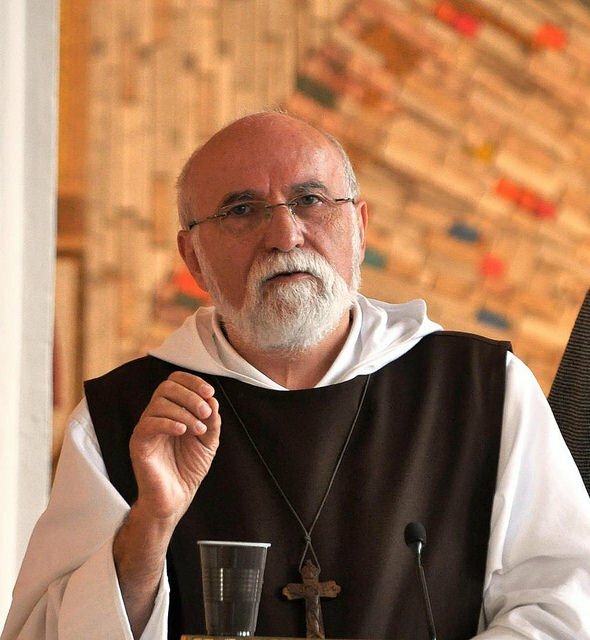
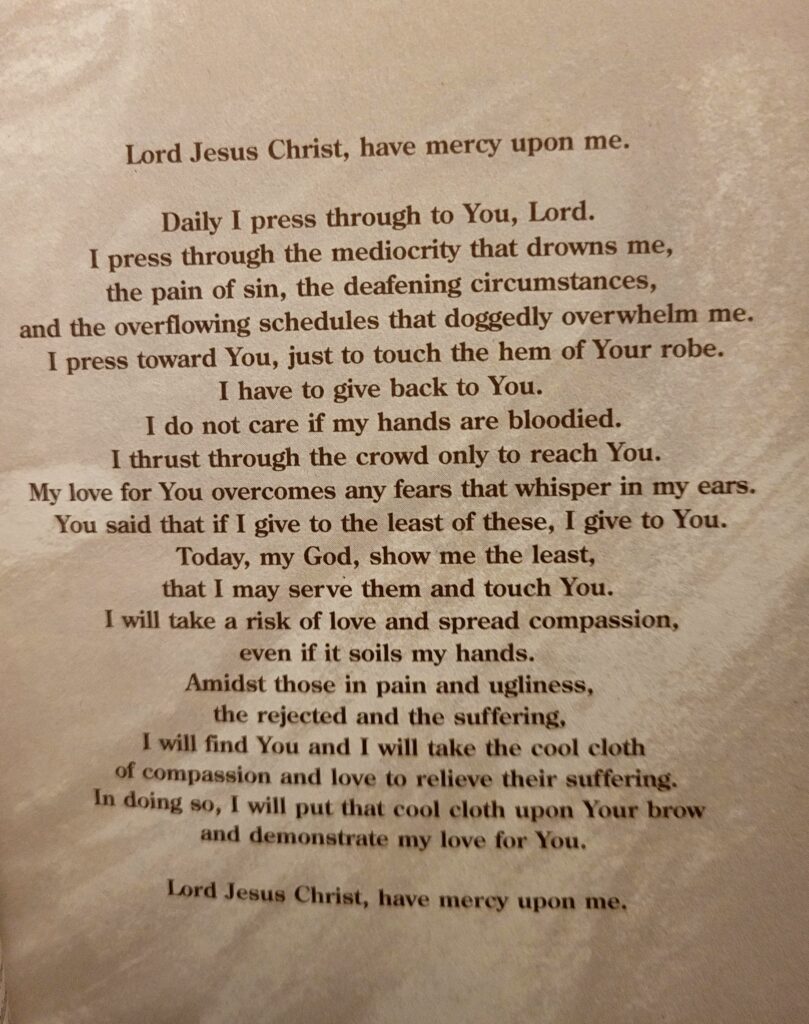
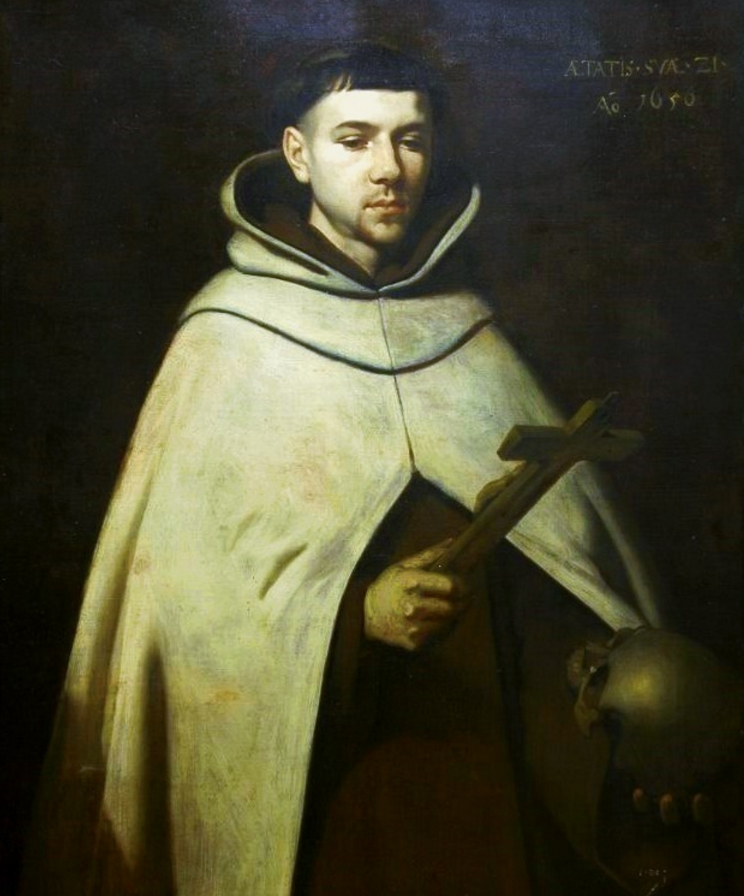
Recent Comments